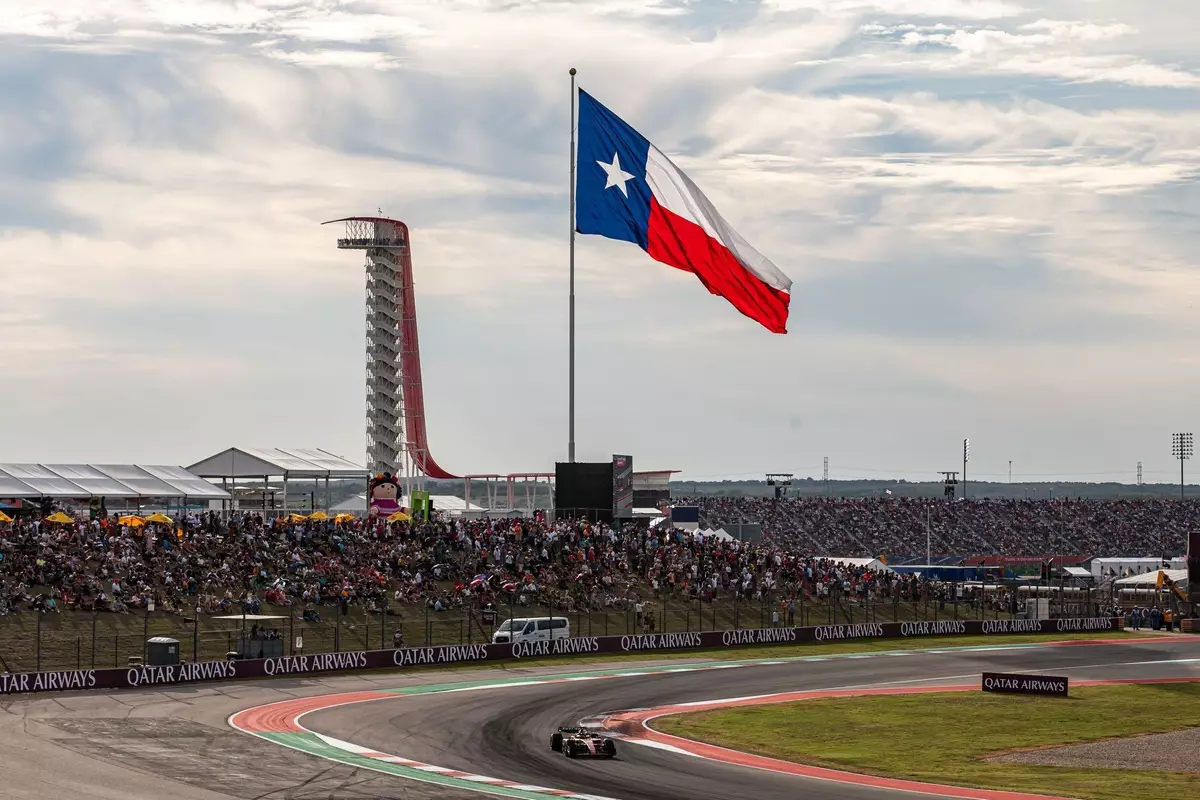Formula 1 (F1) racing has reached a pivotal juncture, especially in the wake of the Covid-19 pandemic. As fans return to the stands, race promoters find themselves grappling with new realities. The post-pandemic appeal of live sporting events has softened, and F1 is feeling the pinch. With tighter household budgets, the competition for spectator attention has intensified, compelling organizers to rethink how they deliver the ultimate racing experience. This analysis takes a closer look at how F1 is transforming into a multifaceted entertainment platform and the underlying factors that drive spectator interest.
In recent years, F1 has evolved beyond mere motor racing. Now branded as immersive festivals, race weekends focus not only on the competitions but also on accompanying entertainment that attracts a broader audience. Music concerts, family-friendly activities, and vibrant atmospheres have become key components in encouraging fans to purchase tickets. This evolution suggests that F1 is not just vying for motorsport enthusiasts but is actively courting families, casual fans, and concertgoers looking for an all-encompassing experience.
Promoters have learned that it’s no longer sufficient to simply offer exciting races. Engaging spectators through multiple channels—such as high-profile musical performances—has become essential. This strategic pivot reflects a keen awareness of shifting consumer behaviors. For instance, having prominent musical acts like Eminem performing during race weekends offers a dual benefit: it attracts die-hard racing fans and concurrently taps into those who might have never considered attending a Formula 1 event.
While additional entertainment options are an effective strategy for boosting ticket sales, the core of F1’s appeal still lies on the track. The competitive nature of the races directly influences spectator interest more than any pre-race festivities ever could. After a season that began with almost unquestioned Red Bull dominance, the narrative changed as new contenders emerged. This shift has sparked renewed enthusiasm among fans, contributing to a surge in ticket sales.
As highlighted by Circuit of the Americas executive chairman Bobby Epstein, the fluctuating competitiveness of the season is reflective of broader fan engagement. When races become interesting and unpredictable, fans respond by purchasing tickets in greater numbers. Epstein noted an interesting correlation between Max Verstappen’s winning streak coming to an end and a spike in ticket interest. This connection suggests that fans are becoming increasingly discerning; they want more than just the thrill of speed—they crave competitive drama.
The ticket-buying landscape is witnessing an unprecedented shift. Historically, consumers would purchase tickets in advance, providing promoters a reliable sense of expected attendance. However, modern trends indicate a move toward last-minute purchases, a phenomenon observed across various sectors—not just F1 but also in live music and sporting events. Epstein remarked on the change, referencing the hockey-stick growth pattern in ticket sales, which implies a surge right before the event, rather than consistent sales over time.
This last-minute rush poses unique challenges for promoters. On the one hand, it can create uncertainty and complicate logistical planning, yet it can also drive excitement as events approach. This unpredictability means that every race weekend is a gamble, reliant not just on competitive dynamics but also on last-minute consumer behaviors.
Given the growing popularity of F1 in the United States, other sporting events sharing the calendar pose both competition and opportunity. With the University of Texas facing the University of Georgia during the same weekend as the USA GP, the potential for cross-pollination of fans is evident. приведение both events—racing and football—under one umbrella creates an electrifying atmosphere. For those who are fans of all three—racing, music, and football—Austin has essentially positioned itself as the ultimate destination for a weekend of entertainment.
Epstein emphasizes this narrative by highlighting the anticipated record-setting attendance at all associated events. The city itself thrives during these weekends, leading to increased hotel bookings and driving up prices, which indicates a booming local economy driven by sports tourism.
As F1 expands its footprint in the US, other international races are also impacting the dynamics of the sport. While events like the Las Vegas Grand Prix bring a distinct spectacle, its influence may not necessarily translate to enhanced local attendance in cities like Austin or Miami. Instead, Epstein posits that the essence of the races is the spectacle that captivates a global audience.
This dual reality presents questions for F1 promoters: How do they balance the uniqueness of each event while also leveraging competitive rivalries to maximize attendance? The answer lies in nurturing this evolving relationship between on-track performance and off-track entertainment.
F1 finds itself at a crossroads. By transforming race weekends into diverse entertainment hubs and keenly observing fan interest, it can forge a sustainable path forward in the exhilarating but challenging world of motorsports.


Leave a Reply